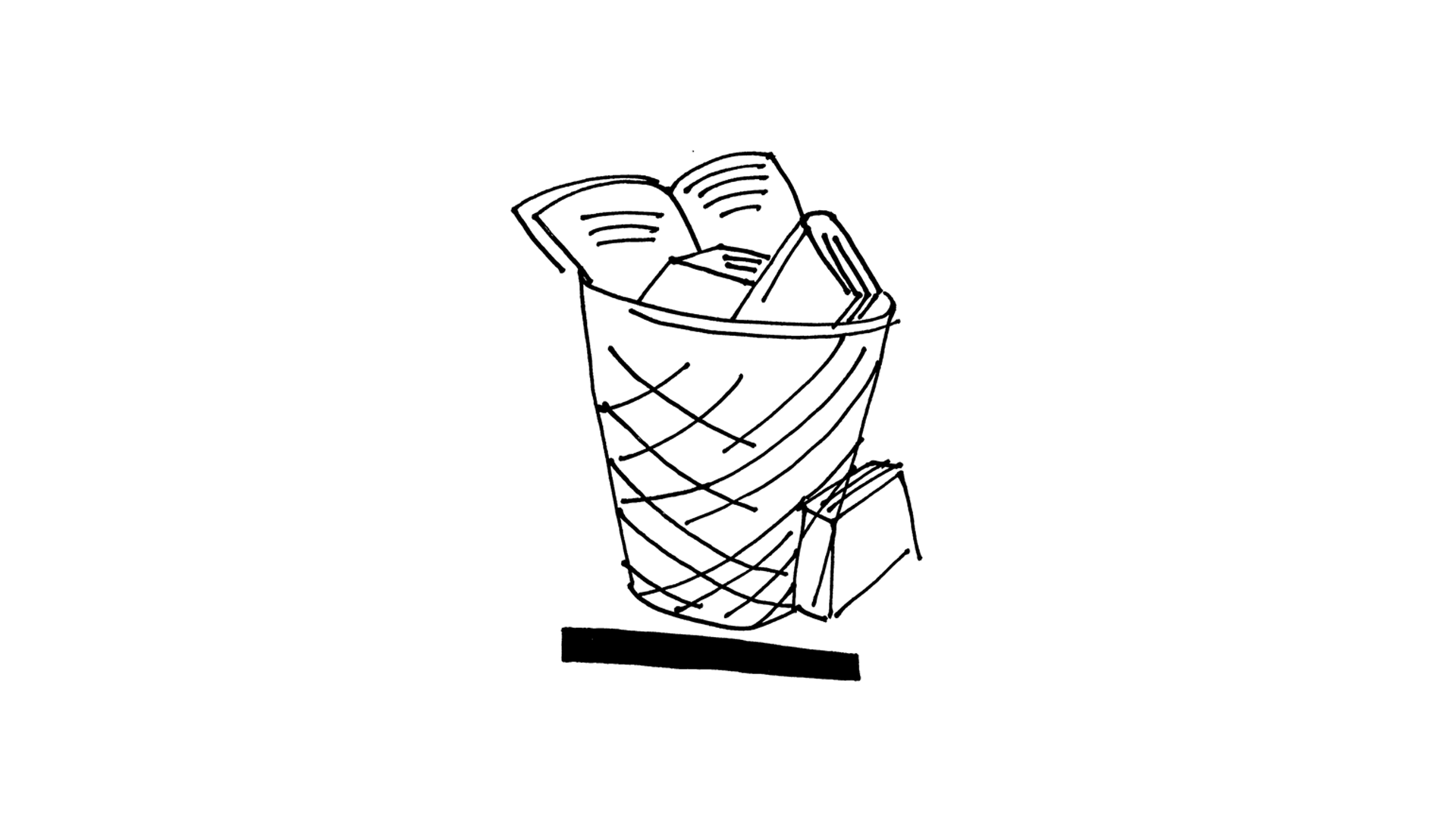(Un)learning

Unlearning is the ability to think and act differently, to leave behind routines and ways of knowing that are fixed and often prevent us from moving on or adapting to new situations. It does not mean forgetting but rather letting go of previously acquired knowledge and experience. Since learning is usually a long and complex process, so is unlearning. The certainty of the familiar is replaced by the uncertainty and risk of the unknown, but the perspective of new experience—the possibility of change and transformation—reinforces this challenging process.
OFF-Biennale is a self-organized civil collective, born in 2014–15 as a response to a crisis situation. The centralization of the Hungarian state art institutions, their political exposure, and their distance from professionalism made it impossible for many of us to continue to imagine our work within this framework. We therefore started something radically different despite not really knowing where to start, how to organize ourselves, how to become a responsible and self-identified community that would bring together and amplify critical voices, new ways of working together, and new spaces for doing things differently. We rode the bike while we were fixing it, we used to say.
By this time, some of us had considerable professional experience, having done projects here and there, but the strongest foundation of our knowledge and experience came from our institutional work—years spent in museums, galleries, universities. For all their difficulties, internal tensions, and increasing financial insecurity, most institutions still provided a strong knowledge base and predictability—a base from which we could push ourselves. The institutions’ operations were fairly fixed, with certain rules laid down in advance, and flexibility and change were confined within invisible frameworks. We did a lot of adapting, and we learned to do it because, from an early age, adapting to institutions was a basic condition for survival.
When the political climate in the country became increasingly difficult, when the representation of the values we cherished became institutionally impossible, when systemic repression became more widespread, we tried to imagine a different reality. And not only to imagine it but to live it and to transmit it. To pretend. As if it were possible to build an international biennial on our own, without secure resources and infrastructure. We pretended and so we built it together. It worked, but to do so—as we realized in the process, sometime later—we had to let go of a lot of knowledge and experience, to recognize and stop the habits that presupposed the existence of a framework above us giving us a sense of security and a sense of being bound, because we were now drawing the framework ourselves, often anew. We have learned a lot from our institutional work; we have been efficient, disciplined, and strict with ourselves, but now we have not moved forward along these lines. We have abandoned, among other things, the state and municipal support that was previously taken for granted and are starting to work on a new funding structure based on international cooperation and (to a lesser extent) the still weak but emerging domestic private support system.
We have had to learn anew how to work as a community in the making, to develop forms of decision-making, a delicate and sensitive system of cooperation in which we move without dominance, in many different ways, with detours and dead ends but in one direction.
In the context of a women’s collective such as OFF-Biennale Budapest, learning also means critically examining and rejecting the norms and practices that maintain patriarchal structures and recognizing and accepting women’s different life experiences. Community functioning presupposes listening to and understanding each other’s stories and accepting differences in identity. This small thread from many sides is woven together in collective learning. The balance of learning is not negative; knowledge is not lost, but it is shifted, translated, transformed.
This process has been going on for a decade. We cannot say that we have arrived somewhere, but we cannot say that we have not. Although we ourselves perhaps would not have thought it, not only have many aspects of institutional knowledge had to undergo a process of unlearning but so too have many of the ways of working that we have developed ourselves. Even after many years, we are still learning again and again how to cooperate, how to communicate, how to adapt, and how not to adapt. And all to our own detriment and delight. And there is still more to unlearn.
Without long-term funding, a stable organizational base, and legal certainty, NGOs’ resources are the personal commitments without which change will not happen but which are not necessarily enough to reinforce change. When we think of a seemingly secure background, we no longer think of institutional networks but rather of the alliances based on professional work, solidarity, and friendships that we have built up over the past decade. And this is a background which, it should be added, is constantly threatened precisely because we place too great of a burden on it. We set expectations for ourselves that lead to self-exploitation, burnout, and exhaustion, consuming personal and community resources. Perhaps this is yet another habit that we will have to unlearn to sustain ourselves.